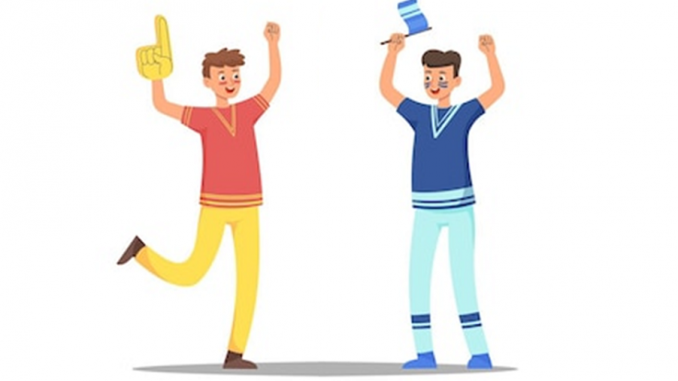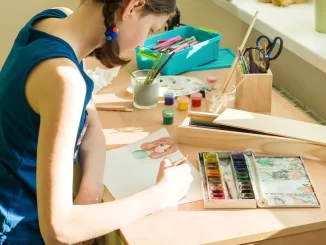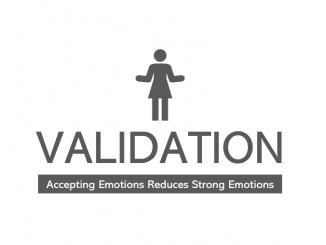
Sometimes my counselling clients, especially in relationship counselling sessions, get confused about what validation is, and what it isn’t.
Often, the belief is that if the person validates the way the other person is feeling, particularly a partner, that means they are agreeing with them.
This is not true, not at all!
Validation is actually what we need in times when we don’t agree with each other. In other words, the more we don’t see eye to eye the more we need to validate.
Regardless of whether the other person is right or wrong factually (or in your opinion), you have to help them know that the way they feel about the issue or situation is OK.
Otherwise, you may just find yourself in a stalemate, or an argument.
I often use the example of football fans to try and help better explain this.
How do we get a die-hard Dragons fan to sit next to a Bulldogs fan and enjoy a game together, maybe even be friends, when they just don’t agree at all on who has the best team?
The Dragons fan believes his team is the best, in fact, he can’t even understand how anybody couldn’t feel the same way about the team he loves.
And for the Bulldogs fan, it is exactly the same.
The only chance they really have of being able to be friends is if they both make it OK for each other to have different feelings and opinions on their football teams.
That is validation.
If they didn’t accept the way the other person felt about their team their relationship would probably be limited i.e. if you can’t acknowledge my love for the Bulldogs, why should I acknowledge your love for the Dragons?
But if they validate each other’s feelings, they can then start to develop a deeper understanding of each other, like for example, how they came to support the teams that they follow, what being a Dragons or Bulldogs fan means to them, etc.
This then gives them a chance to have a mutually satisfying experience watching their teams play against each other, sitting there with completely different feelings and viewpoints, but still being friends.
Again, if you don’t validate the emotions, you don’t validate the person and that is where relationships start to fall apart or are limited in the depths that they might reach.
I hope to be able to assist you in becoming a better validator, it can be a very powerful tool.



